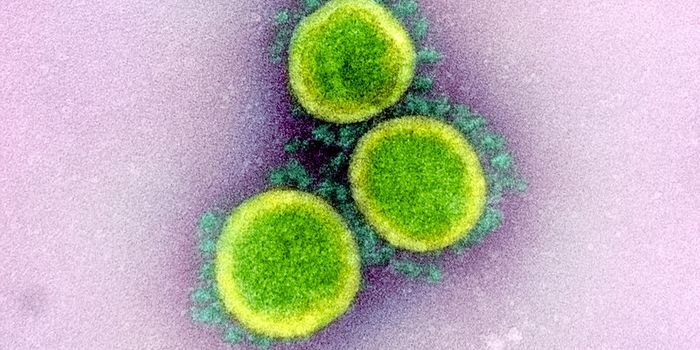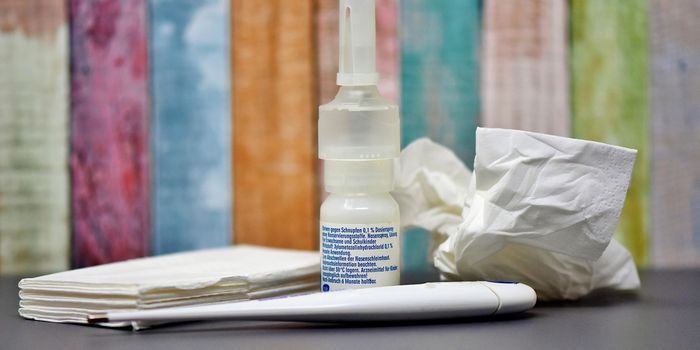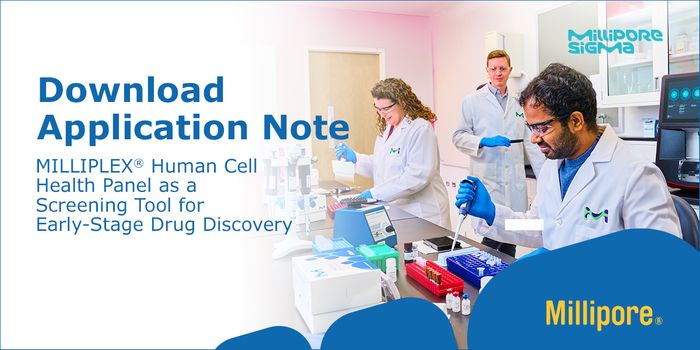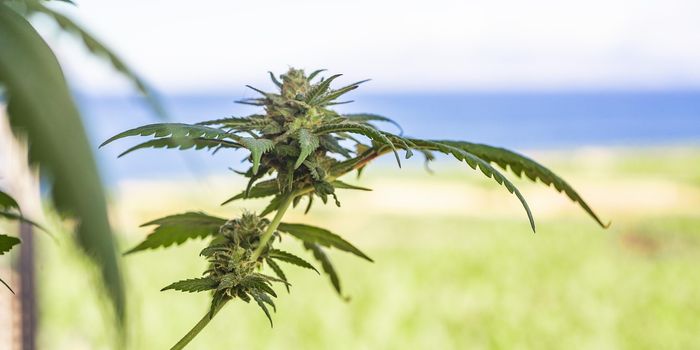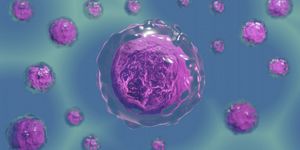First Treatment To Prevent Anaphylaxis
People living with food or drug allergies are always faced with potential life-threatening anaphylactic shock. Currently, there are no FDA-approved drugs that can treat the shock once it occurs.
If not given attention, anaphylaxis is a life-threatening condition leading to fatality. It is severe, attacks within seconds of an exposure to an allergen, and leads to a drop in blood pressure and closing of airways. According to the Asthma and Allergy Foundation, there is about 1 in 20 Americans who go through this.
Learn more about anaphylaxis:
Now, a new study may provide hope with the development of the first pill that can treat anaphylaxis.
"This pill could quite literally be life-changing and life-saving," said senior and corresponding author Dr. Bruce Bochner, the Samuel M. Feinberg Professor of Medicine at Northwestern University Feinberg School of Medicine. "Imagine being able to take medication proactively to prevent a serious allergic reaction."
The pill is a BTK inhibitor that works to stop a reaction before it occurs. BTK (Bruton’s tyrosine kinase) is found inside mast cells which trigger allergen reactions. When you block the BTK activity, no reaction is intiated and thus serves the purpose of a ‘BTK inhibitor’ drug.
Learn more about BTK inhibitors drugs which have been used for cancer therapeutics:
"I've heard parents say, 'It would be nice to have my child take something while we're on vacation in case they accidentally eat the wrong food,' and we think these drugs could one day serve that purpose," Bochner said.
Findings were published in the Journal of Clinical Investigation and discusses how an already made U.S. Food and Drug Administration-approved BTK drug prevented or reduced allergic reactions.
“If such drugs turn out to be safe and cheap enough for daily use, theoretically anyone with a serious allergy, including food allergies, could take it and be able to eat the foods they've been strictly avoiding”, Bochner said. "So, one future goal is to give this medication to food- or drug-allergic subjects, show by skin testing that their allergic sensitivity has been blocked by the drug's effect and then give them the food or drug, expecting they will have little or no reaction."
Source: Science Daily


